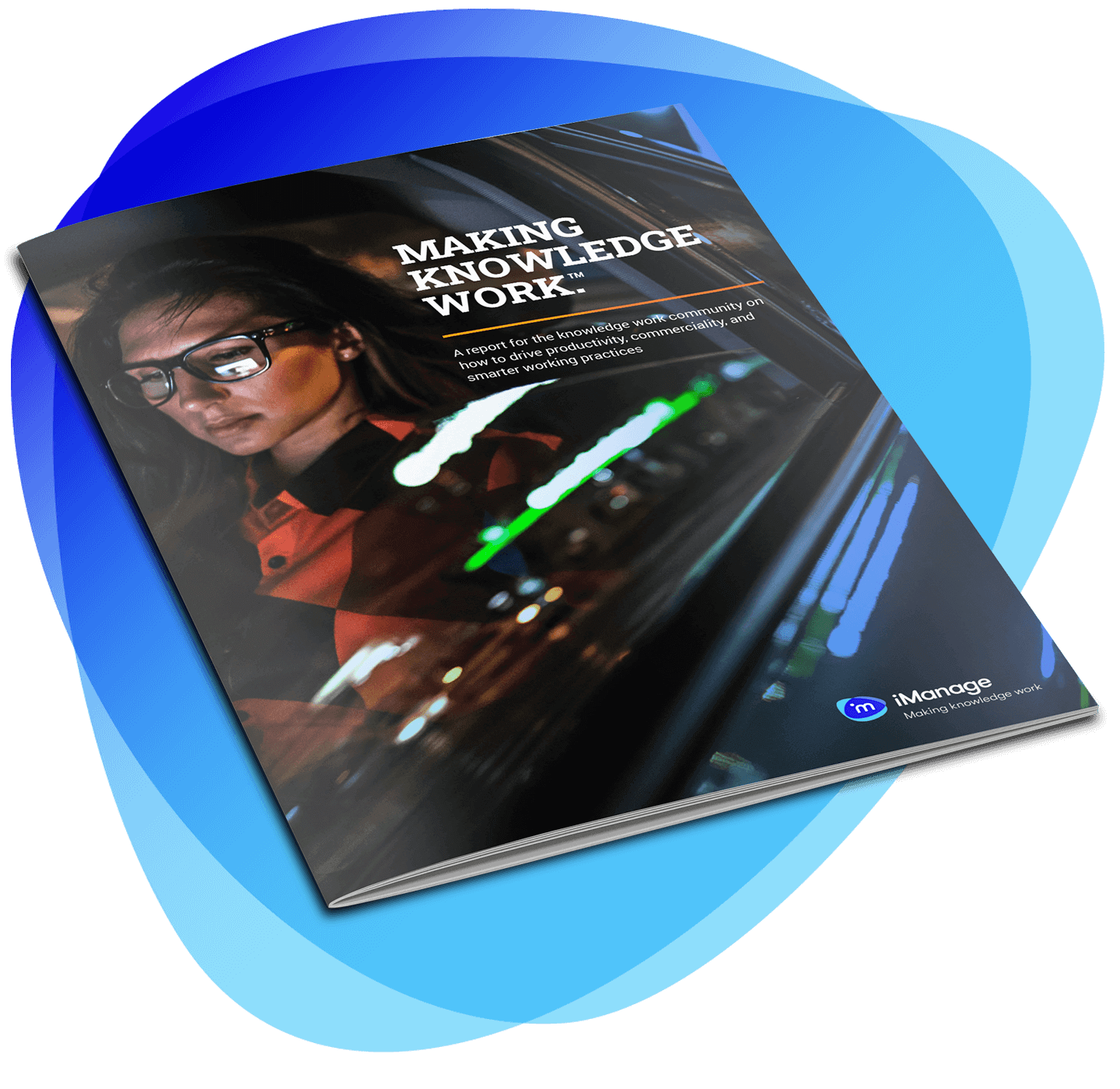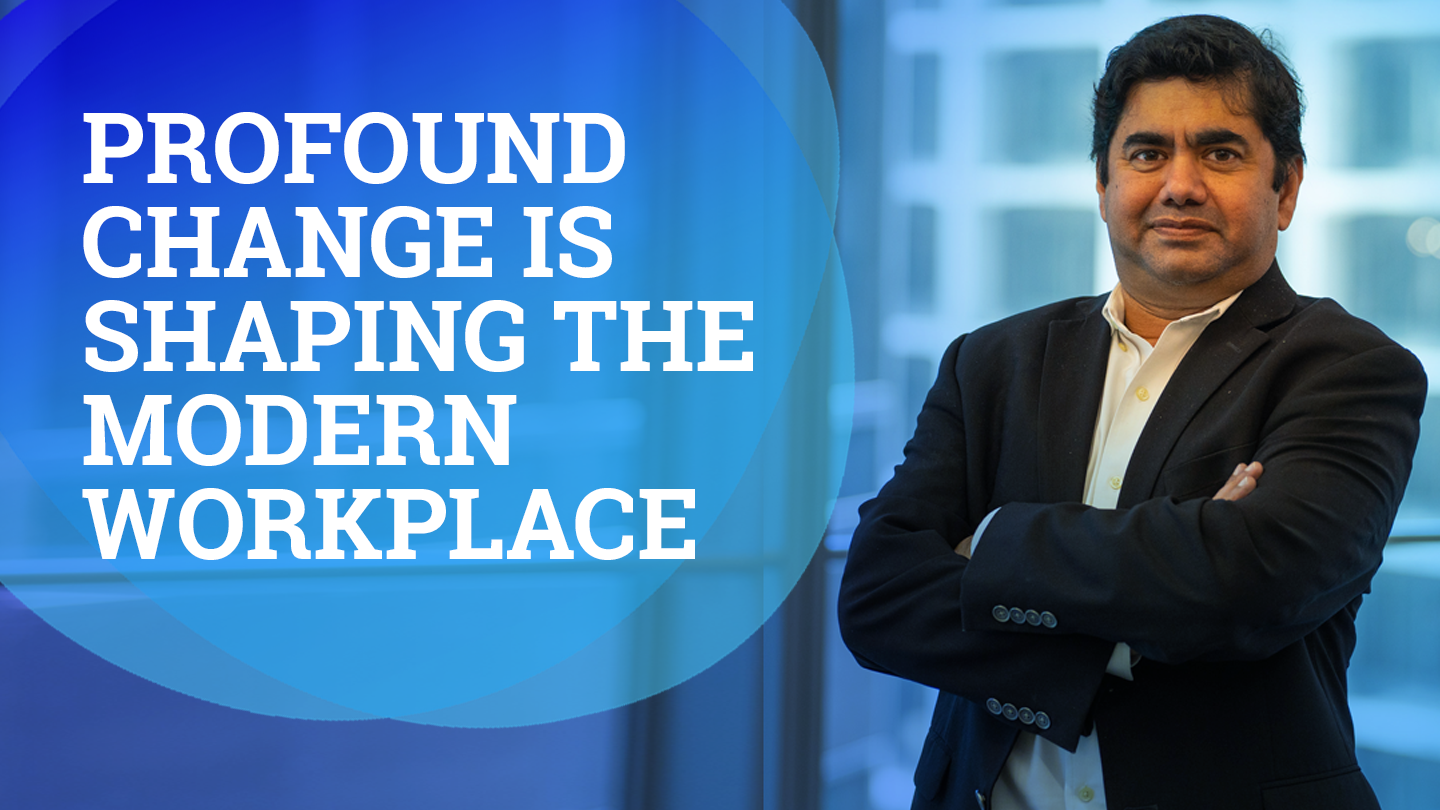For law firms and corporate legal departments, knowledge isn’t just a factor in their work—it is the “lifeblood” of everything they do.
iManage Global Product Management Lead Alex Smith recently shared his insights on how legal organizations can build on their knowledge management systems with Peer to Peer, ILTA’s quarterly magazine. In his article “Going Beyond Knowledge Management to Making Knowledge Work”, he argues that knowledge cannot be merely managed. Instead, legal organizations must make full use of their resources for the best results.
Making knowledge work in the knowledge economy
Today, Smith writes, we are “operating in a knowledge economy where there is scarcely nothing more important than knowledge.” Although all legal organizations rely on knowledge, the most strategic organizations look toward making their knowledge management initiatives drive business outcomes, including working more efficiently and improving client service. Organizations that fully leverage their “know-how, know-who, and know-what” can gain a competitive advantage in a knowledge-centric world.
The three types of knowledge
To make their knowledge work for them, Smith believes that legal organizations must first consider the types of knowledge they deal with and how to best manage them.
-
Analytical knowledge is a result of analyzing existing deal and matter documents in order to identify best practices or experts/expertise.
-
Curated knowledge is asset-based and includes the ability to find templates and best practices so that legal professionals don’t have to start with a blank slate on each new assignment.
-
User-encountered knowledge is how legal professionals “interface with and access knowledge.” It has two main components: Search & find for relevant results and recommendations for related content.
Putting knowledge to work
By identifying and using the three types of knowledge described above, Smith explains that legal organizations can “take those knowledge outputs and deliver them to knowledge workers, so that they can create business outcomes.” The best way to go about this is with an intelligent, AI-powered search tool that can surface the knowledge legal professionals need.
However, Smith cautions, AI is not the whole story. Legal organizations need an integrated knowledge management platform to truly make knowledge work. This includes a secure document management system (DMS) that integrates with email so that all knowledge can be found in one place. A good DMS makes it possible for AI to deliver the best insights to end users.
Seeing the big picture
There’s more to the story of going beyond knowledge management. Read Smith’s piece in Peer to Peer for his complete recommendations on how legal organizations can make knowledge work.





